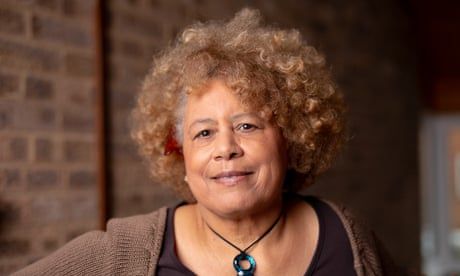
Tina Shingler was fostered in a white family in North Yorkshire in the 1960s, where her hair was a source of anxiety and stress. Then she wrote a ‘hairmoir’ and now she empowers others to embrace their hair too
Growing up, Tina Shingler didn’t touch her hair like other girls touched theirs. She didn’t preen, stroke or comb – though sometimes she hid pens and cigarettes in it. “I had no respect for it, because no one else had any,” she says.
As a “Barnardo’s child”, Shingler’s hair presented a challenge to her white foster parents, Mary, a housewife, and Jack, a semi-skilled mechanic. She had a happy enough childhood, but every few months was required to kneel in the sitting room in Ripon, North Yorkshire, and rest her head in Mary’s lap to be “shorn”. The language was always animalistic, Shingler says. It was “to bow your head”, and know your hair was “something to be got rid of”.
Tell us: has your life taken a new direction after the age of 60?
Continue reading...